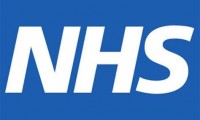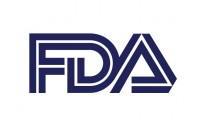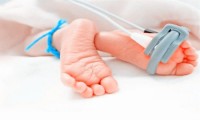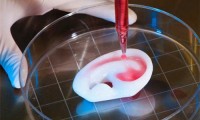-
Meet Ddu in Dubai–The First Medical Exhibition of 2018
- Source: Ddu
- 1,043
- January 19, 2018
-
Alveo Closes $38 Million in Series A Financing to Create Accessible Diagnostics Devices
- Source: Prnewswire
- 401
- January 15, 2018
-
NHS to support 138 entrepreneurs on new medical technologies
- Source: medicaldevice-network
- 622
- January 15, 2018
-
FDA releases new guidelines for 3D printing devices
- Source: biospectrumasia
- 569
- December 27, 2017
-
Surgical Device Company Virtual Incision Raises $18 Million in Series B
- Source: xtalks
- 568
- December 18, 2017
-
FDA suggests controls on interoperable devices
- Source: massdevice
- 568
- December 14, 2017
-
Medical sensors market worth $15.01 billion by 2022
- Source: todaysmedicaldevelopments
- 421
- December 12, 2017
-
Gottlieb Announces More Regulatory Updates to Encourage Device Innovation
- Source: hcanews
- 516
- December 12, 2017
-
Apple’s First Medical Study Signals Broader Health Ambitions
- Source: wsj
- 561
- December 11, 2017
-
Medical Products for Human Use
- Source: ec.europa.eu
- 634
- November 28, 2017
your submission has already been received.
OK
Subscribe
Please enter a valid Email address!
Submit
The most relevant industry news & insight will be sent to you every two weeks.












